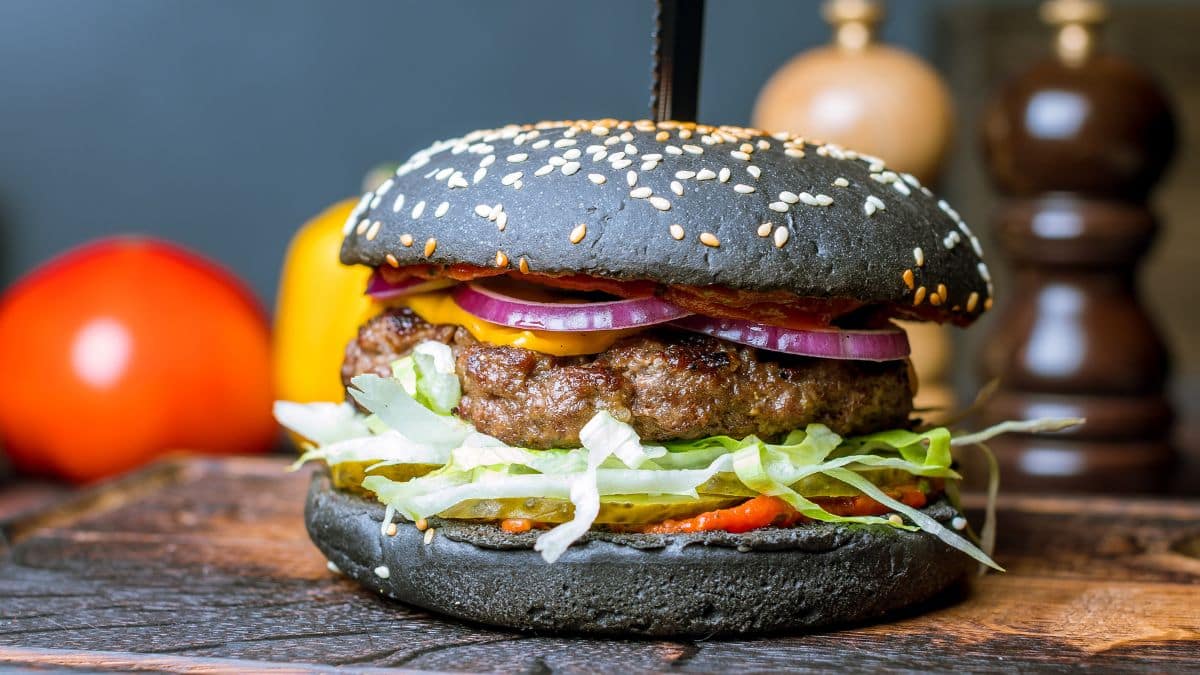In a world where health advice is abundant and often contradictory, it’s important to challenge common assumptions. Here are 10 habits that some people perceive as unhealthy, but may not necessarily have negative effects for everyone.
Snacking

Snacking itself isn’t inherently unhealthy. It can be a way to incorporate nutritious foods and maintain energy levels throughout the day. It becomes unhealthy when snacks are predominantly unhealthy options or when portion sizes are excessive.
Drinking Coffee

Moderate coffee consumption can have various health benefits, including improved cognitive function and reduced risk of certain diseases. However, excessive intake or adding excessive amounts of sugar and cream can negate these benefits.
Taking Naps

Short power naps can boost productivity, alertness, and mood. They can be particularly helpful for individuals who have irregular sleep schedules or experience midday fatigue. However, long naps or napping too close to bedtime can interfere with nighttime sleep.
Crackling Joints

Many people crack their knuckles or other joints as a habit, and while it may be annoying to those around them, it generally doesn’t cause any significant harm or lead to arthritis. However, excessive or forceful cracking of joints can potentially cause joint strain or injury.
Occasional Indulgence

Treating yourself to your favorite indulgent foods or desserts occasionally is not inherently unhealthy. It’s all about moderation and incorporating a balanced diet overall. Enjoying your favorite treats in moderation can actually help you stick to a healthy eating plan in the long term.
Sleeping In

While a consistent sleep schedule is beneficial for most people, occasionally sleeping in can help replenish your energy levels and catch up on sleep deficits. Just be cautious not to disrupt your overall sleep routine too frequently.
Eating Late At Night

The timing of meals may not have a significant impact on weight gain or overall health as long as you consume a balanced diet and maintain an appropriate calorie intake. However, it’s important to listen to your body and avoid eating excessively close to bedtime, which may disrupt sleep.
Chewing Gum

Chewing sugar-free gum in moderation can actually have dental benefits. It stimulates saliva production, which helps wash away food particles and neutralize acid in the mouth. However, excessive gum chewing may lead to jaw discomfort or digestive issues for some individuals.
Skipping Breakfast

Contrary to popular belief, skipping breakfast does not automatically lead to weight gain or negatively impact health. Intermittent fasting or simply not feeling hungry in the morning is perfectly fine for some individuals. It’s more important to focus on overall nutrient intake and eating patterns that work for you.
Using Smartphones Before Bed

While exposure to blue light from screens can disrupt sleep patterns, many modern smartphones have built-in features to reduce blue light emission or enable night mode. Additionally, winding down with activities like reading on your phone can be relaxing, as long as you prioritize adequate sleep hygiene.
14 Jobs That Are Getting So Hard to Fill, Employer’s Are Desperate

10 High Paying Jobs Nobody Wants Anymore

HILARIOUSLY Relatable Signs That Prove You’re the Life of the (Introvert) Party!

13 Stupidest Societal Myths That Are Still Spreading Like Wildfire

Traveler BEWARE: 15 Countries Americans Should Be Cautious About Visiting

